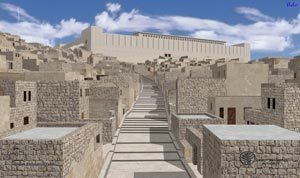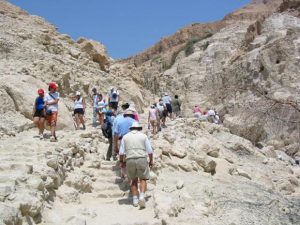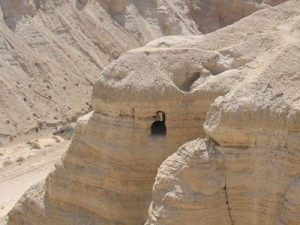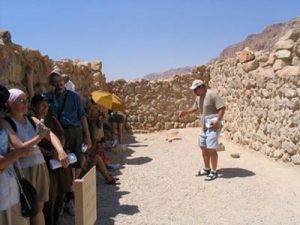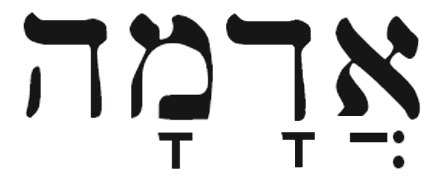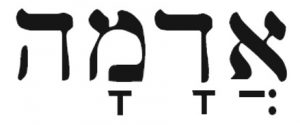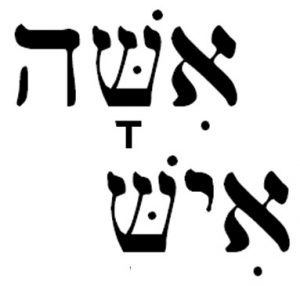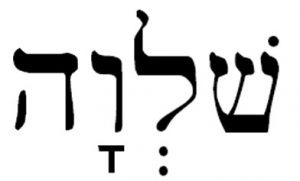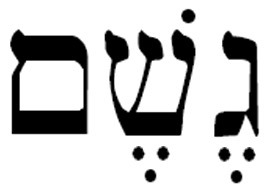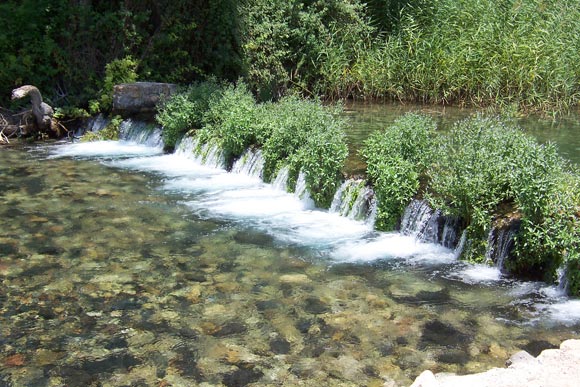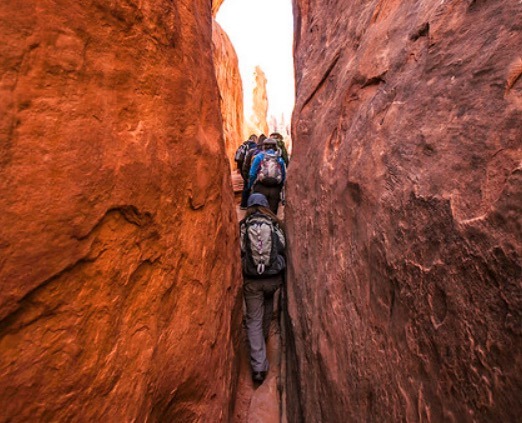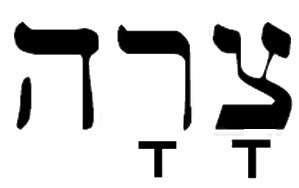by Lois Tverberg
If there is a poor man among your brothers in any of the towns of the land that the LORD your God is giving you, do not be hardhearted or tightfisted toward your poor brother. ” – Deuteronomy 15:7
Before we left for Israel, some of us had been learning about the customs of the people who live there. One of the Jewish traditions that we found particularly rich is called shaliach mitzvah gelt, meaning “funds for a traveler to do good.” It is the tradition of giving money to a person who is taking a long trip, for them to give away to the poor at the destination. This practice changes the nature of the trip for the traveler – instead of thinking only about personal entertainment, a person is reminded to consider the needs of the people around them, and how they can be a help to them.
Having this in mind when we arrived, even with our own money, made us more mindful of the old ladies with the wizened faces with their hands out, sitting on the ground near the steps that went to the Western Wall. How could we pray at the Wall for God to help us, when we had just walked past others and refused to help them?
Our leaders also explained how the Israeli economy has been very bad in the past few years with the drop in tourism, and many merchants have just barely been hanging on. It made us think twice about whether it was really necessary to haggle down to the last shekel on a purchase. For us, a few shekels difference was just a source of pride at how cheaply we could get a souvenir. For them, the money would feed the family for another day.
It made us realize that sometimes what we call frugality is actually stinginess. Frugality is when we deny ourselves something in order to save money. But when we deny others what is due them, by underpaying workers or giving miserly tips, or even haggling excessively for bargains from needy storeowners, then we are selfishly saving at others’ expense. We need to look beyond our pocketbooks to consider others’ needs as well.
In a way, we should consider all of our money shaliach mitzvah gelt – funds to do good. As we travel through life, all of what we have is a gift from God, to live and to bring blessing to others.

